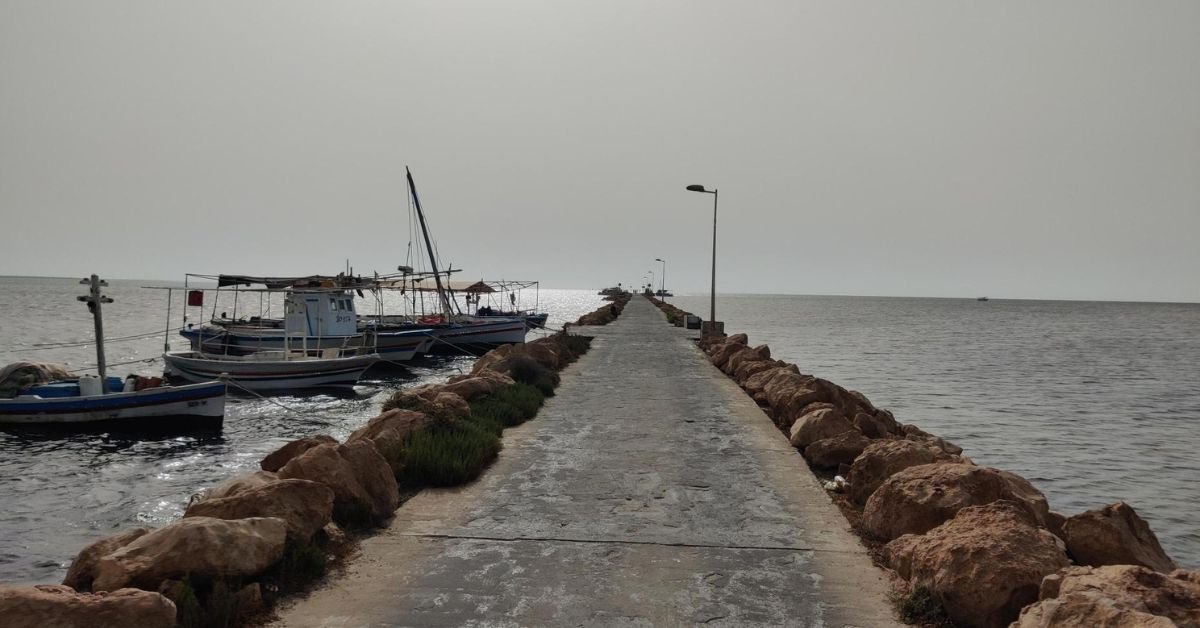Libya’s next crisis?
21 May 2025
The killing of a militia leader in Tripoli may have sparked a crisis in western Libya that could lead to a change in government
By Kais Makhlouf, MENA region Analyst
On 12 May 2025, militia leader Al Kikli was gunned down with his bodyguard at a meeting in Tripoli. Al Kikli was goaded to the meeting by western Libya’s Minister of Interior Trabulsi and his brother, himself a militia leader, to hash out turf fights and political disputes. Militias swiftly moved in on Al Kikli’s turf, seizing businesses and buildings occupied by his men. There were few casualties but much unease, as Prime Minister (PM) Dbeiba attempted to dissolve other hostile militias and consolidate his rule. He notably targeted the SDF, in control of the port, which was looted in the ensuing confusion, then temporarily closed and re-opened since.
This prompted a series of counter moves by rival militias, leading to clashes and standoffs across Tripoli, and mass protests on 16 May, calling on PM Dbeiba to step down. PM Dbeiba refused, vowing to fight on, while several powerful militias and politicians came out in support for him. Several ministers have since resigned from the Government of National Unity (GNU) – Dbeiba’s government in western Libya.
This episode has revealed the contours of Libya’s next crisis. Opposition to PM Dbeiba is growing, including among militias formally aligned to the GNU, such as the one headed by Al Kikli. Of particular worry to PM Dbeiba is that the powerbrokers in Misrata, his powerful hometown, no longer fully back him, forcing him to rely on a shrinking circle of Tripolitanian militias whose growing power is concerning to rival outfits.
Indeed, the kleptocracy headed by PM Dbeiba is wavering. His power is buttressed by his ability to distribute wealth and punishment to the various militias supporting him. That ability has been diminished by corruption, mismanagement and foreign meddling. This loss of power has been accelerated by a devaluation of the Libyan Dinar, attributed to profligate spending by Libya’s two governments – the GNU in the west and its rival in eastern Libya. Militias, who will know to expect less vertical redistribution from the government, will likely start to seek horizontal redistribution. In other terms, they are highly likely to start attacking each other.
The crisis is not only economic. PM Dbeiba has exceeded his mandate by several years and is broadly viewed as a spoiler actor, held in place only by militia violence and foreign interference. He’s made no effort towards unifying the country, and has systematically sabotaged efforts at reunification or democratisation. His politics, a mix of corruption, populism and performative deference to religion have alienated most constituencies, from salafists to democrats. The population has seen only worsening material conditions and no efforts at reining in abusive militias, while graft and politicking have hollowed out nearly all state institutions.
PM Dbeiba’s rule is fragile, creating a dangerous moment for Libya. By all accounts he’s proven inept at governance, but adept at surviving crises. He is likely to keep a low profile in coming days to limit the threat of a conflagration of militia violence. Meanwhile, militias will be on high alert, and almost certainly building coalitions in anticipation of the next move against a PM whose time may be running out. The eastern government, with its powerful military and support from regional players such as Egypt, will also be watching.
RISK INTELLIGENCE REPORTS:
Stay ahead with weekly insights from Libya’s ports and terminals
Risk Intelligence's Libya (Ports and Terminals) Weekly Intelligence Report delivers detailed threat assessments, operational updates, and political analysis tailored to the needs of shipping operators, chartering desks, and security teams. Subscribers receive timely, actionable intelligence covering port conditions, security developments, and national-level dynamics—essential for informed decision-making in a volatile environment.
👉 Subscribe now to receive the latest assessments every week and ensure you're never caught off guard.

